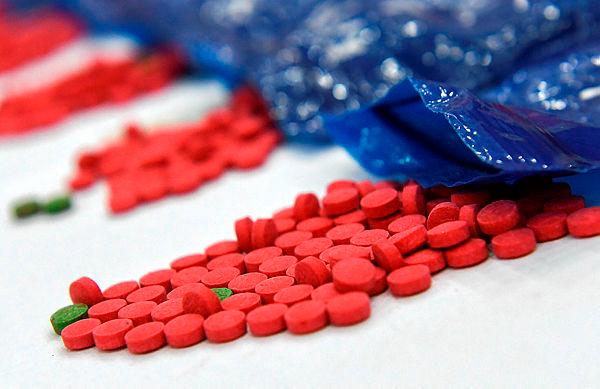KUALA LUMPUR: Malaysian experts in tackling drug use and addiction have “strongly urged” the Home Ministry to postpone amending the Drug Dependants (Treatment and Rehabilitation) Act 1983, which was tabled in Parliament for its second reading on Wednesday.
A statement issued by the Malaysian AIDS Foundation (MAF) and signed by 15 experts said upon reviewing the Bill made available to the public, they have “significant concerns regarding its punitive orientation”.
“Despite purported intentions of decriminalisation, the proposed amendments maintain punitive measures against individuals using drugs, and their families.
“We are particularly apprehensive over the consolidation of responsibilities and powers within a single agency – the National Anti-Drug Agency (Nada) – and diminished collaboration with the Health Ministry.”
The signatories included MAF chairman Prof Datuk Dr Adeeba Kamarulzaman, Universiti Sains Malaysia Centre for Drug Research Prof Dr Vicknasingam Kasinather, Malaysian AIDS Council president Assoc Prof Dr Raja Iskandar Shah Raja Azwa and UN Office on Drugs and Crime Expert Advisory Group on Drug Treatment and Rehabilitation in East and Southeast Asia representative Dr Sangeeth Kaur Dhaliwal.
They emphasised the inadequacy of assigning responsibility for addiction assessments and treatment referrals to rehabilitation officers as seen in the proposed substitution to Section 8 of the Act, where the rehabilitation officer may certify an individual as a drug or substance dependant or drug or substance misuser.
Given the multifaceted nature of drug use and addiction encompassing health and social dimensions, they said it is critically important that health officers and social workers are included in these critical processes.
“In cases where individuals voluntarily apply for treatment, including to Nada, an official diagnosis by a medical professional is important in determining drug use disorder to ensure the patient receives the most appropriate treatment.”
In moving towards decriminalisation of drug use, the group advocated the establishment of a Drug Use Prevention and Treatment Commission in every district, uniting Nada, the Health Ministry’s One Stop Centre for Addiction services and community leaders to determine optimal pathways for individual drug users.
The experts also highlighted the continued punitive approach towards relapse incidents, cautioning against prolonged sentences, hefty fines, imprisonment, or caning for individuals struggling with addiction.
“People who are dependent on drugs may relapse due to multiple triggers such as emotional issues, grief and physical health issues, among others. The idea is to get them back to the treatment they need as soon as possible.
“We also have serious concerns regarding the proposed penalties for parents of young drug users as in the proposed amendments to Section 9 of the Act, which potentially deters families from seeking the necessary support.”
They said the punitive approach risks alienating families in rural areas and perpetuating stigma.
The experts asserted that the current amendments “do not align with genuine decriminalisation objectives and may exacerbate existing challenges”.
They also called on the government to adopt a comprehensive revision of the country’s drug policies.
“This includes revisiting all laws that criminalise individuals using drugs, such as the Dangerous Drugs Act 1952, the Registration of Criminals and Undesirable Persons and the Poisons Act 1952.”
They said failure to ensure corresponding amendments to the Dangerous Drugs Act 1952, particularly Section 15 and Section 39C, which currently criminalises drug use, would result in it continuing to be a criminal offence.
“It will also contribute to prison overcrowding, thereby undermining any effort to address drug use as a health issue.
“This will automatically also deter anyone from undergoing treatment voluntarily.”
The experts also acknowledged as a “positive step” the Health Ministry’s June 19 initiative of establishing a National Task Force to review a health-based response to drug use.
“However, we urge the government to engage in broader consultations, including with experts from the Drug Policy Programme Malaysia, before proceeding with any amendments.”









